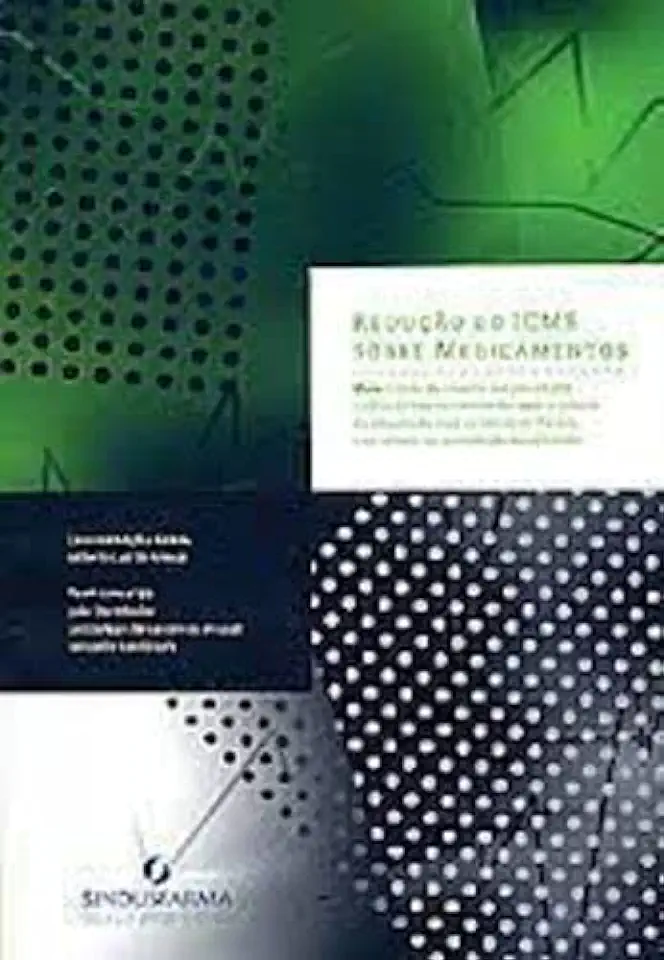
Reduction of ICMS on Medicines - Gilberto Luiz do Amaral
Reduction of ICMS on Medicines: A Comprehensive Analysis
Introduction
In Brazil, the high cost of medicines is a significant challenge for individuals and the healthcare system. One of the main factors contributing to this issue is the high rate of ICMS (Imposto sobre Circulação de Mercadorias e Serviços), a state-level value-added tax levied on the sale of goods and services. This tax can account for up to 18% of the final price of medicines, making them unaffordable for many people.
The Impact of High ICMS on Medicines
The high ICMS on medicines has several negative consequences for individuals and the healthcare system.
Reduced access to essential medicines: Many people cannot afford to purchase the medicines they need due to the high prices, leading to untreated illnesses and potential health complications.
Increased healthcare costs: The high cost of medicines contributes to increased healthcare costs for individuals and the government, straining the healthcare system's resources.
Disincentive to innovation: The high ICMS on medicines discourages pharmaceutical companies from investing in research and development, as the potential profits are reduced by the tax.
The Case for Reducing ICMS on Medicines
There are several compelling reasons why the ICMS on medicines should be reduced.
Improved access to essential medicines: Reducing the ICMS on medicines would make them more affordable for individuals, ensuring that they can access the treatments they need to stay healthy.
Reduced healthcare costs: Lowering the ICMS on medicines would reduce healthcare costs for individuals and the government, freeing up resources for other essential healthcare services.
Incentive to innovation: A reduction in the ICMS on medicines would encourage pharmaceutical companies to invest in research and development, leading to the development of new and more effective treatments.
Conclusion
The high ICMS on medicines in Brazil is a significant barrier to access to essential healthcare. Reducing this tax would have numerous benefits for individuals and the healthcare system, including improved access to medicines, reduced healthcare costs, and increased incentive for innovation. It is imperative that policymakers take action to reduce the ICMS on medicines and ensure that everyone has access to the healthcare they need.
Call to Action
If you believe that everyone deserves access to affordable healthcare, join the movement to reduce the ICMS on medicines in Brazil. Contact your local representatives and let them know that you support this important cause. Together, we can make a difference and ensure that everyone has the opportunity to live a healthy life.
Enjoyed the summary? Discover all the details and take your reading to the next level — [click here to view the book on Amazon!]